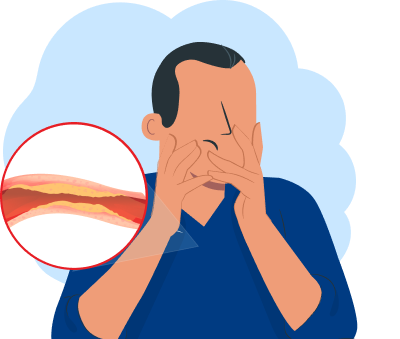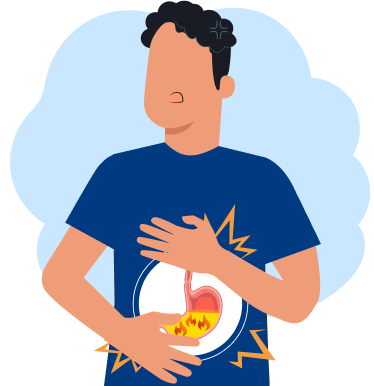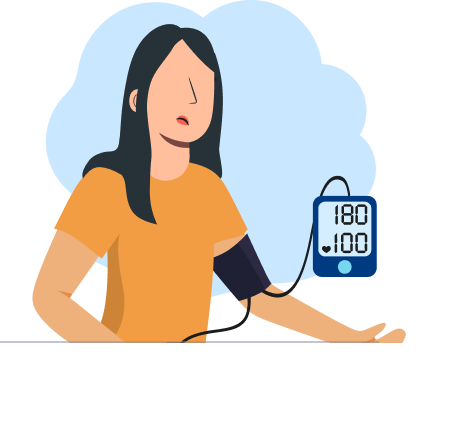Order Placed
Awaiting Payment
Awaiting Prescription
Order Confirmed
Shipped
Delivered






A Karachi-based study reports that of the 237 adults studied, 32% of the males and 23% of the females from age 20-59 years, had high serum cholesterol levels of 6.2 mmol/L.
When you have too much food or large meals, the pressure in your stomach can get too high. This causes the gastric acid to build up and can lead to heartburn.


The main concern for diabetes management during Ramadan is hypoglycaemia. Fasting can disrupt normal glucose homeostasis and lead to serious consequences.
It is estimated that fasting individuals experience 800 mL of net total body water loss over 12 hours. Around 70% of our body is made up of water which needs to be replenished.


1 in 5 adults have high BP. Men & women are equally affected by blood pressure.
Triggers include: sleep deprivation, change in sleep cycles, dehydration, some certain foods and drinks, hypoglycemia and stress.




When is Ramadan 2022 in Pakistan?
1st Ramadan 2022 in Pakistan may start on 3rd of March or 4th of March, depending on when the Ramadan moon is sighted.

Is Ramadan the same date every year?
Ramadan is not on the same date every year. The Ramadan calendar 2022 in Pakistan depends on the moonsighting, which decides on which exact date will ramzan start.

Where can I find the Ramadan 2022 calendar for Pakistan?
Ramadan 2022 calendar and schedule in Pakistan can be found on Dawaai blog. Check out the updated 2022 Ramadan calendar in Pakistan to see when the 1st Ramadan 2022 in Pakistan starts and the following dates and timings.

What time is Sehri in Pakistan?
Sehri time in Pakistan will be around 5:00 a.m. for the first few days, and will then move to an earlier time in the day.

How many days are there in Ramadan?
There are 29 or 30 days in Ramadan. Muslims fast for the entire month of Ramadan, spending most of their time strengthening their faitth through worship, good deeds and contemplation.

When is Eid ul Fitr 2022 in Pakistan?
Eid ul Fitr 2022 in Pakistan is expected to be on 2nd May or 3rd May, 2022. Date for Eid 2022 in Pakistan will be confirmed once the moon is sighted.
